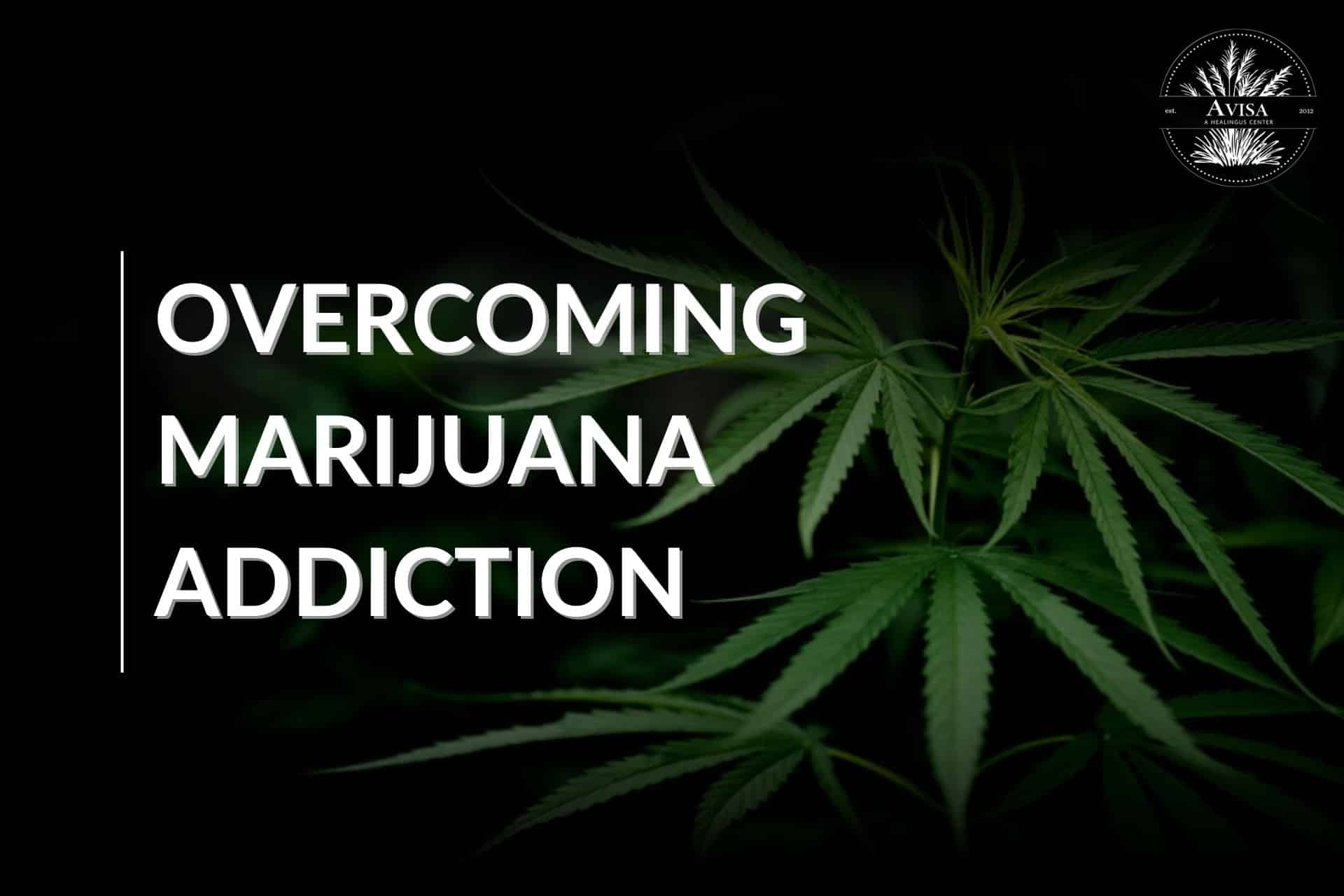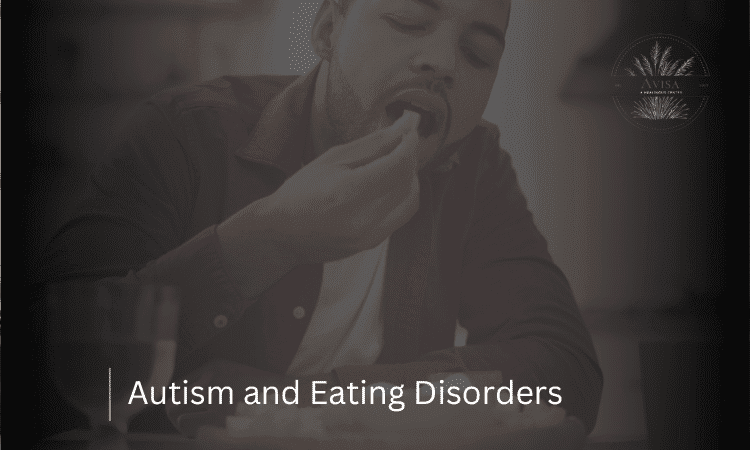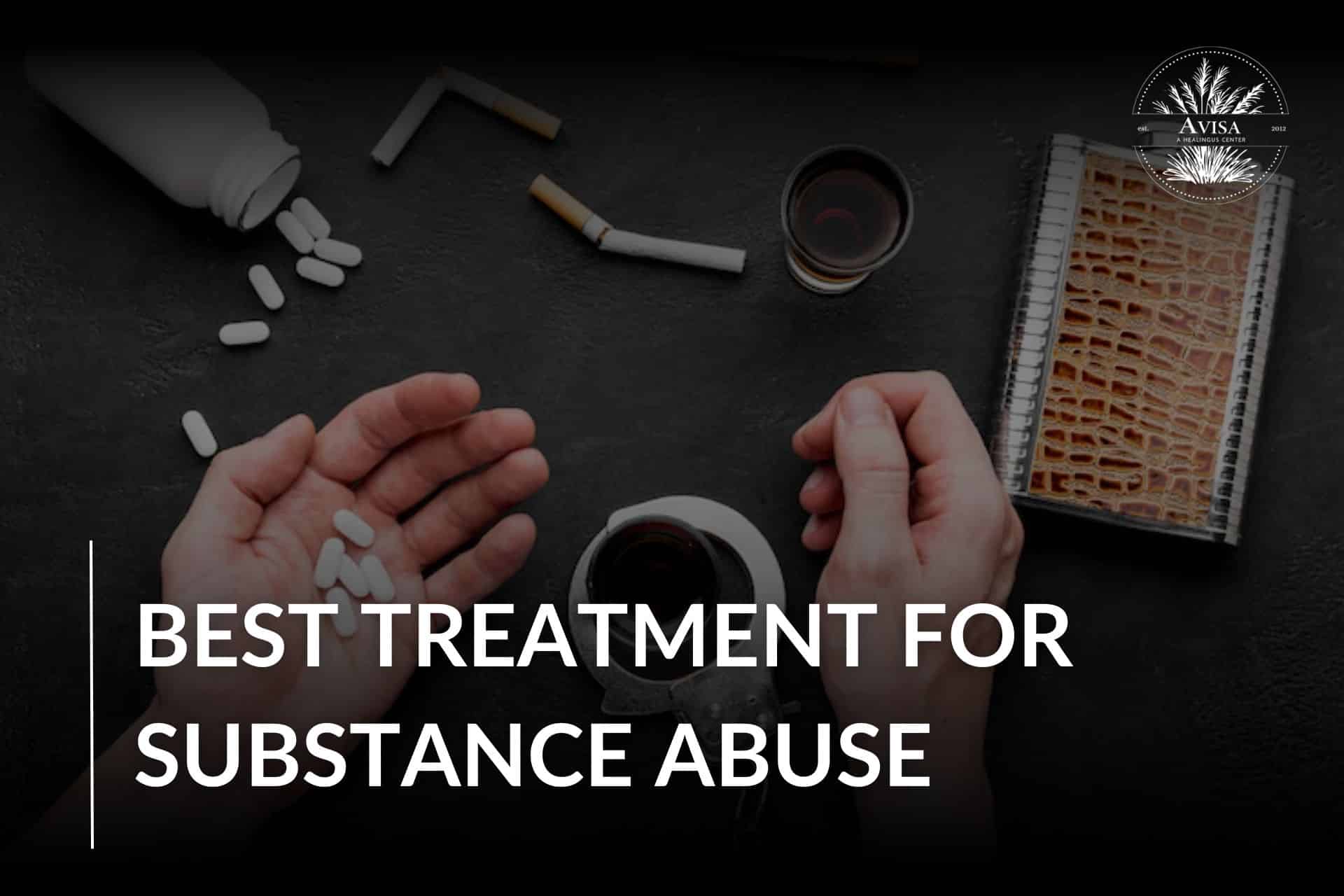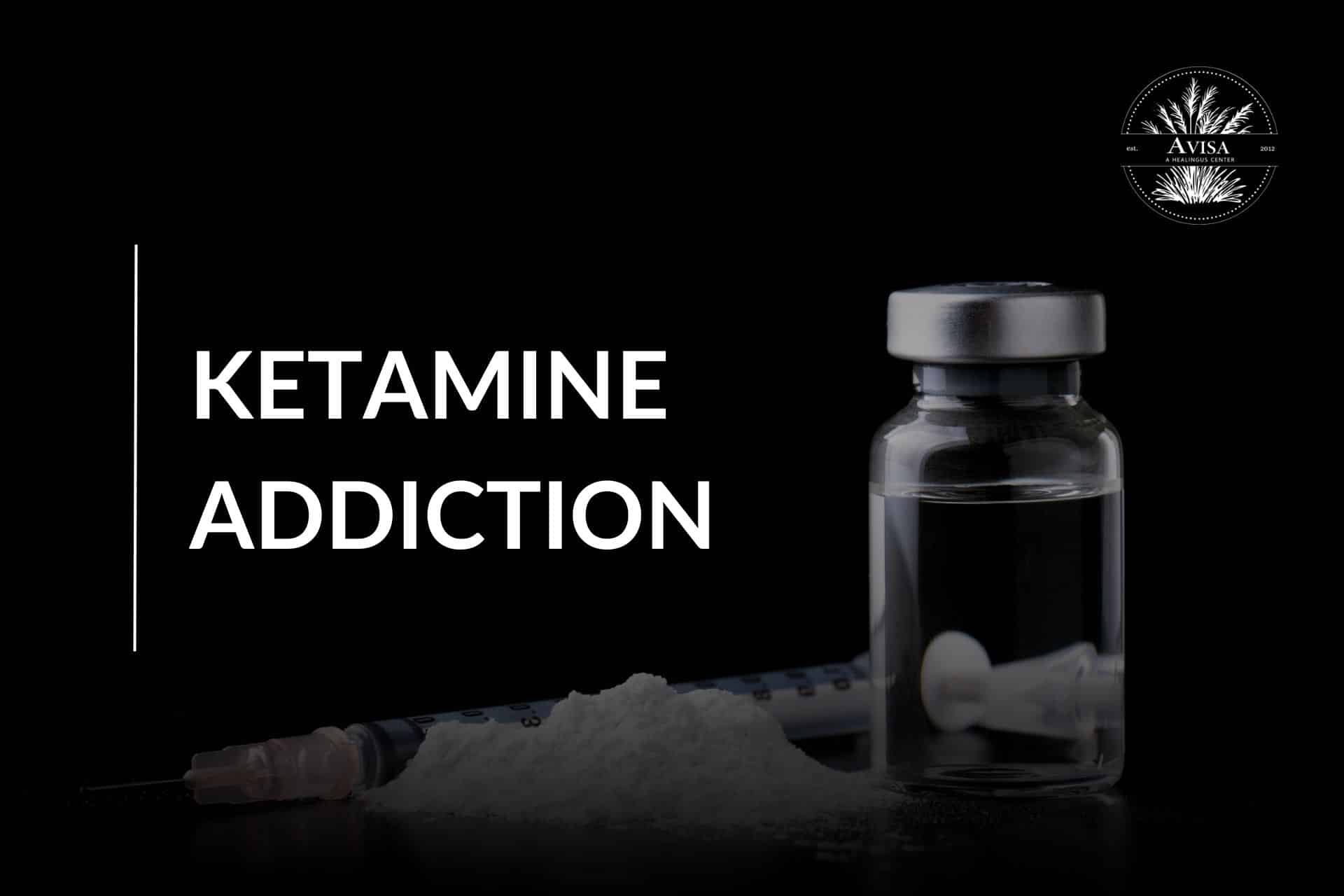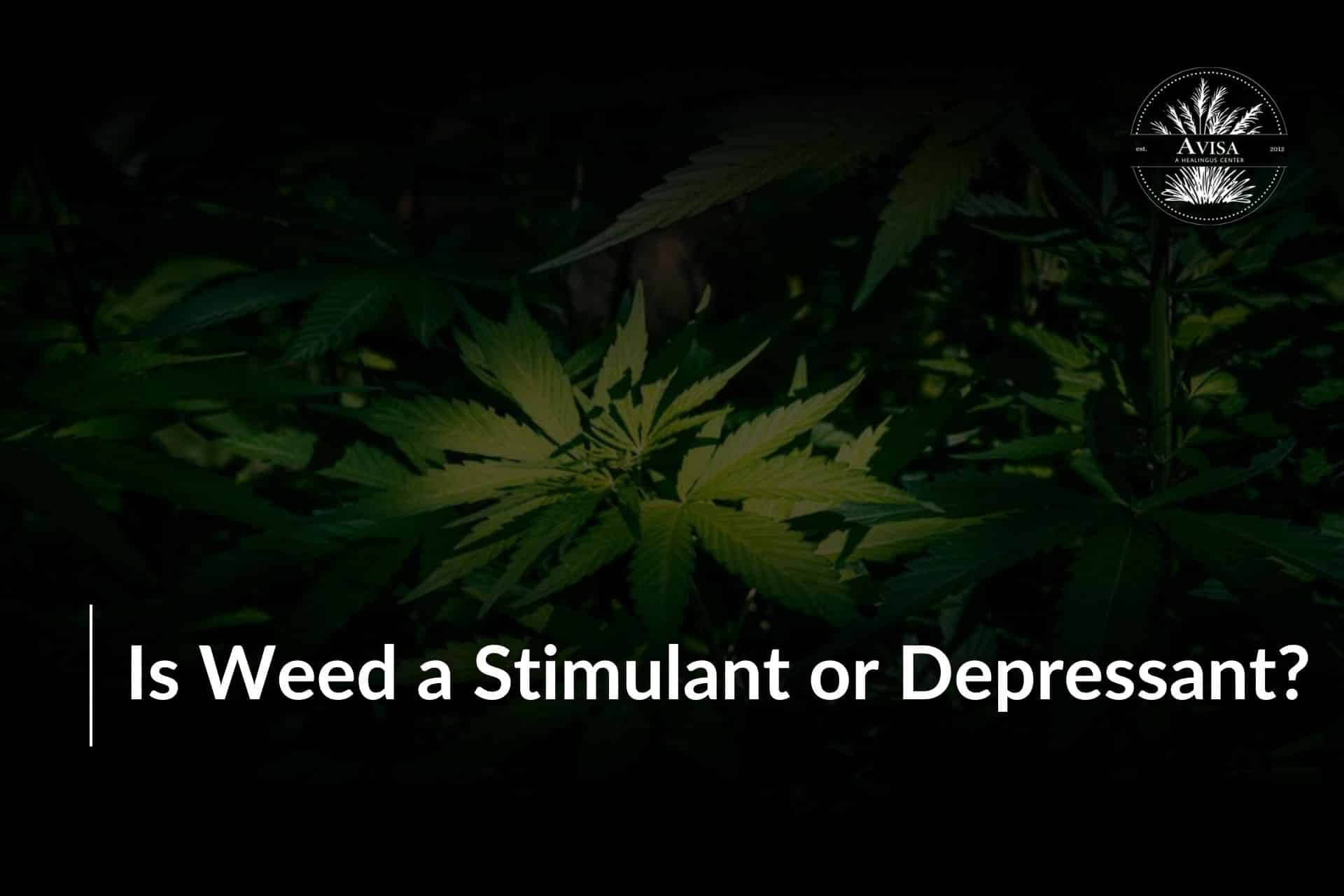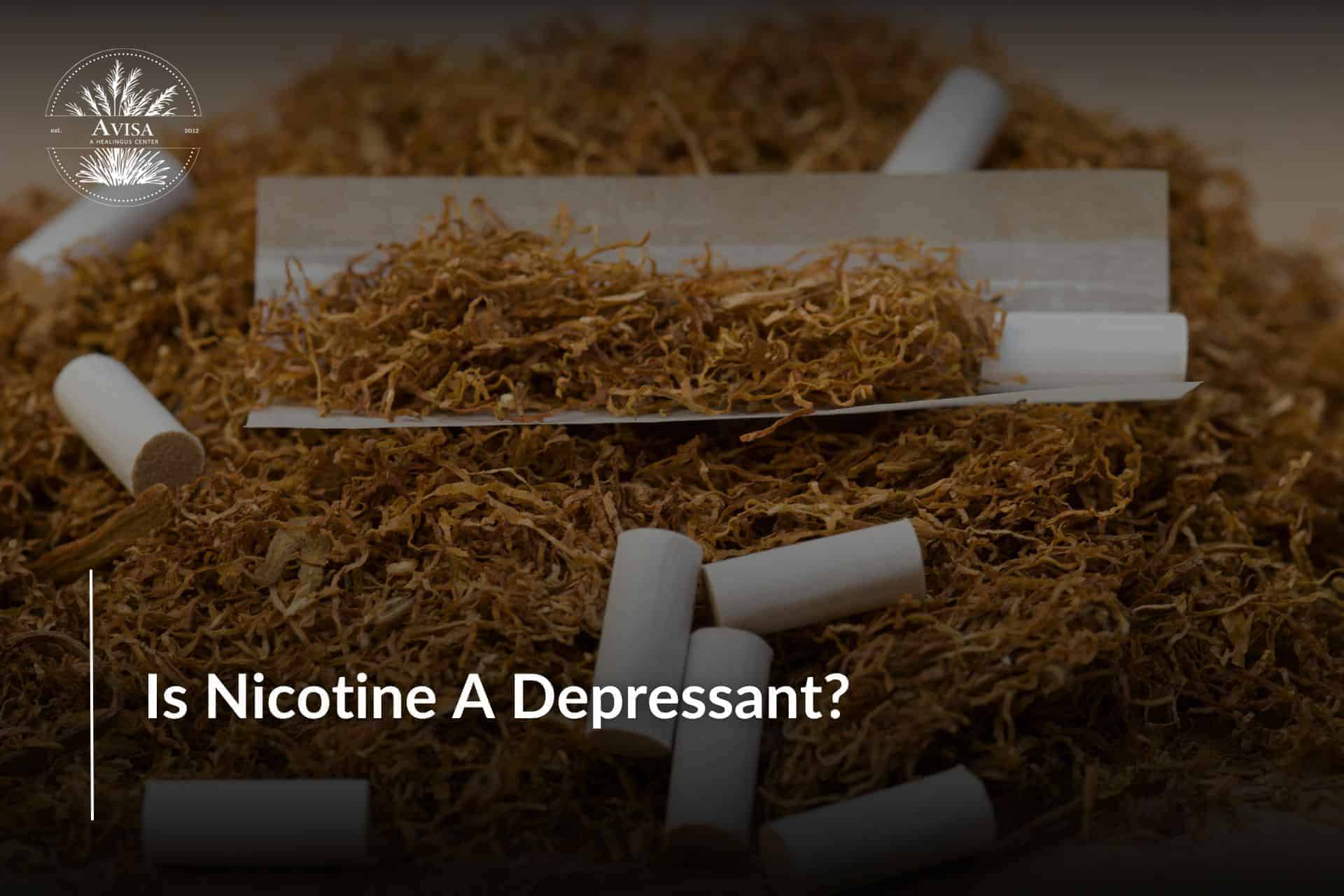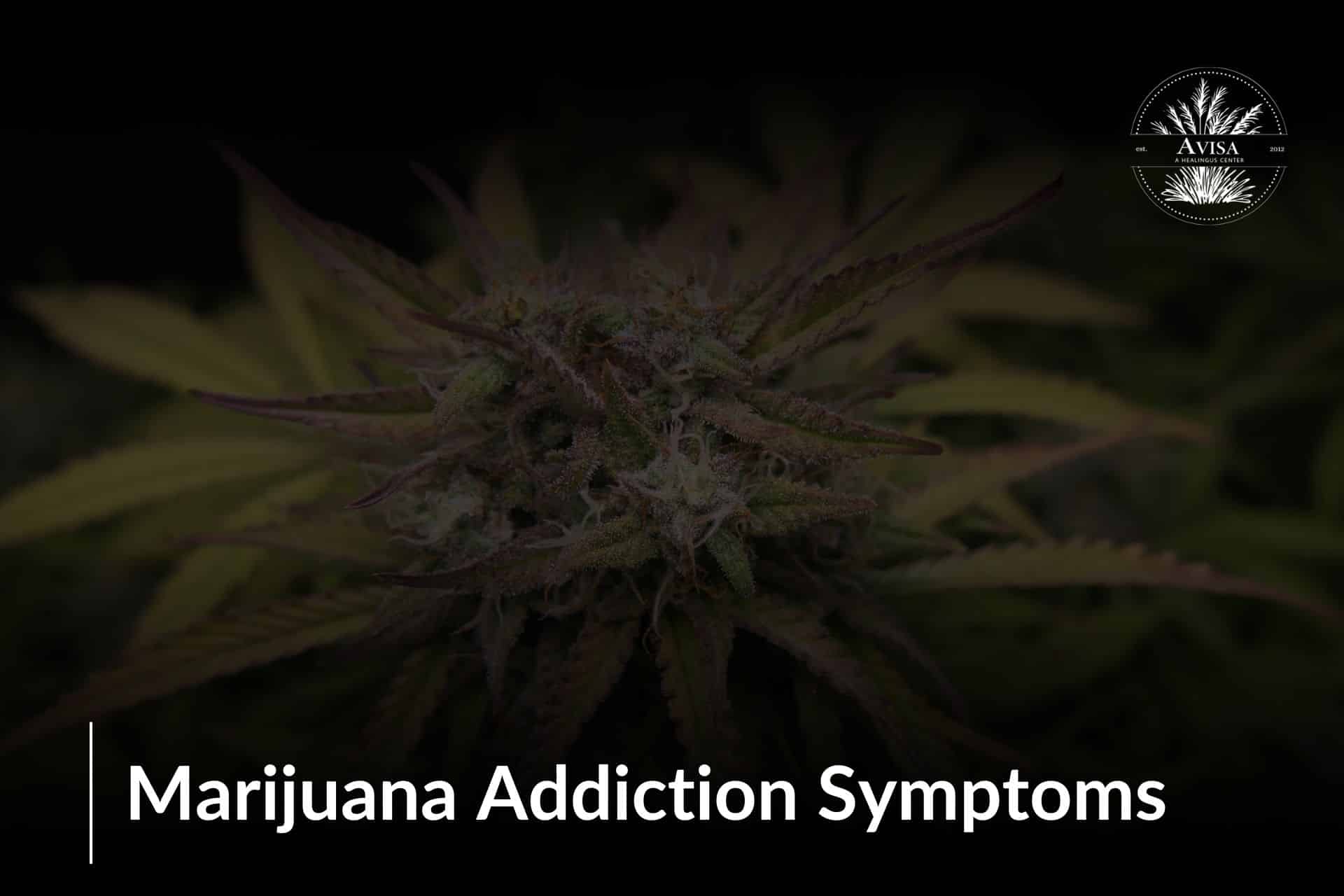Breaking free from the grip of marijuana addiction can be a challenging and daunting journey. Whether you’ve relied on cannabis for relaxation, coping with stress, or simply a way to unwind, the cycle can feel never-ending. But fear not, because your ultimate guide to overcoming marijuana addiction is here to help you break free and regain control of your life.
In this blog, we’ll explore effective strategies and tips on “how to stop marijuana addiction” that can aid you on your path to sobriety. You’ll also gain valuable insights into understanding the underlying reasons behind your addiction, learning healthier coping mechanisms, and rebuilding your life after addiction.
From personal stories of triumph to expert advice and guidance, this guide brings together a wealth of resources to inspire and empower you on your journey towards breaking the cycle. If you’re ready to reclaim your life from marijuana addiction, this is the guide you’ve been looking for.
Let’s begin this transformative journey together and live a healthier, more fulfilling life.
Understanding Marijuana Addiction
Before diving into the strategies for how to stop marijuana addiction, it’s essential to understand about Marijuana Addiction.
Marijuana addiction, also known as cannabis use disorder, is a complex and multifaceted condition that affects individuals of all ages and backgrounds. While marijuana is often perceived as a harmless recreational drug, prolonged and excessive use can lead to dependence, withdrawal symptoms, and negative consequences on physical, mental, and social well-being.
The Nature of Marijuana Addiction
Marijuana addiction is characterized by compulsive, uncontrollable marijuana use despite negative consequences on various aspects of life. Individuals with marijuana addiction may experience intense cravings for the drug, difficulty cutting back or quitting, and continued use despite knowledge of its harmful effects.
Contrary to common misconceptions, marijuana addiction can develop gradually over time, with repeated use leading to changes in brain chemistry and neural pathways associated with reward, motivation, and decision-making. Factors such as genetic predisposition, environmental influences, trauma, and co-occurring mental health disorders can also contribute to the development of addiction.
Signs and Symptoms
Recognizing the signs and symptoms of marijuana addiction is crucial in early intervention and treatment. Typical signs of marijuana addiction may encompass:
- Heightened tolerance to the substance, necessitating increased doses to attain the intended outcomes.
- Withdrawal symptoms when attempting to cut back or quit, such as irritability, anxiety, insomnia, decreased appetite, and cravings.
- Neglect of responsibilities at work, school, or home due to marijuana use.
- Continued use despite negative consequences on physical health, mental well-being, relationships, and legal or financial status.
It’s important to note that the severity and manifestation of symptoms can vary from person to person, and some individuals may be able to function relatively well despite their addiction.
Exploring the Need for Marijuana Detox: how to stop marijuana addiction?
Withdrawal from marijuana can pose challenges, particularly for long-term users. While some may navigate this process independently, others may benefit from medically supervised detoxification, especially if they have co-occurring disorders or struggle with dependencies on other substances.
Let’s examine the circumstances of how to stop marijuana addiction by opting for a detox program.
Treatment for Marijuana Addiction
Regain control of your life. Our marijuana addiction program reveals proven methods to overcome it and achieve lasting health. Access expert advice and discover how to live a fulfilling life, free from marijuana’s grip.
When is Detox Necessary?
1. Co-Occurring Disorders
- Individuals with mental health conditions or addictions to other substances, such as benzodiazepines or alcohol, may require a medically supervised detox.
- Relying on various substances concurrently can exacerbate withdrawal symptoms, highlighting the imperative need for professional intervention.
2. Pre-existing mental Health Conditions
- Many individuals use marijuana as a means of self-medicating underlying mental health issues.
- A structured detox program not only addresses marijuana addiction but also lays the foundation for treating co-occurring mental health disorders.
3. Failed Quit Attempts
- Despite repeated efforts to quit marijuana use, some individuals find themselves unable to break the habit.
- The discomfort of withdrawal symptoms often makes quitting without professional assistance challenging, highlighting the need for medical support.
4. Unstable Living Environment
- Living in an environment conducive to substance use can hinder recovery efforts.
- Choosing detoxification within a controlled environment devoid of substances fosters a supportive atmosphere conducive to both sobriety and the healing process.
Exploring Detox Options
1. Inpatient and Outpatient Facilities
- Numerous treatment centers offer both inpatient and outpatient detox services tailored to individual needs.
- Inpatient programs provide round-the-clock care and support, while outpatient options offer flexibility for those with external commitments.
2. Accessing Support
- Leveraging tools like rehabilitation directories can aid individuals in locating appropriate detoxification facilities.
- Seeking guidance from healthcare professionals or addiction specialists can aid in navigating the available options and making informed decisions.
Understanding Marijuana Withdrawal Timeline
Marijuana, often considered a harmless recreational substance, can lead to withdrawal symptoms upon cessation of use. While withdrawal effects may not be as severe as with other substances, understanding the duration and symptoms of marijuana withdrawal is essential for individuals looking to quit. The duration and intensity of these symptoms vary depending on several factors, including:- Frequency and duration of marijuana use: Heavier and longer-term users are more likely to experience withdrawal symptoms.
- Individual chemistry: Metabolism and brain chemistry can influence how individuals react to stopping marijuana use.
- Co-occurring mental health conditions: Existing mental health conditions may be exacerbated by withdrawal symptoms.
- Irritability and mood swings
- Trouble sleeping (insomnia)
- Decreased appetite
- Restlessness and anxiety
- Headaches
- Sweating and chills
- Difficulty sleeping
- Vivid dreams
- Fatigue and lack of motivation
- Difficulty concentrating
- Lingering sleep problems
- Cravings for marijuana
- Depressed mood
Considering Help for Marijuana Use? You’re Not Alone.
Detoxification under the guidance of medical professionals is often the first step for individuals with a psychological dependence on marijuana. However, the journey to recovery doesn’t stop there. Explore the importance of how to stop marijuana addiction by continuing treatment at a rehab center for Marijuana and attending support groups like Marijuana Anonymous (MA) after safely detoxing from marijuana.1. Continuing Treatment at a Rehab Center
Rehabilitation centers provide structured environments where individuals can receive comprehensive treatment for marijuana addiction. After detoxification, rehab centers offer various therapies and interventions tailored to address the underlying causes of addiction and promote lasting recovery. These may include:- Individual Therapy: One-on-one counseling sessions with trained therapists can help individuals explore the root causes of their addiction, develop coping strategies, and work toward personal growth and healing [Resource].
- Group Therapy: Participating in group therapy sessions allows individuals to connect with peers who are also recovering from addiction. Sharing experiences, offering support, and learning from others can foster a sense of camaraderie and motivation for change [Resource].
- Holistic Approaches: Rehab centers may offer holistic therapies such as yoga, meditation, art therapy, and acupuncture to promote physical, mental, and emotional well-being. These complementary approaches can enhance the overall effectiveness of treatment and provide individuals with valuable tools for managing stress and cravings.
- Life Skills Training: Learning practical skills such as time management, communication, and problem-solving can empower individuals to navigate the challenges of everyday life without resorting to marijuana use.
2. Attending Support Groups like Marijuana Anonymous (MA)
- Support groups like Marijuana Anonymous provide a supportive and non-judgmental environment where individuals can share their struggles, receive encouragement, and learn from the experiences of others. Attending MA meetings allows individuals to:
- Connect with Peers: Meeting others who understand the challenges of marijuana addiction can reduce feelings of isolation and stigma. Building connections with peers in recovery fosters a sense of belonging and solidarity.
- Receive Support and Guidance: Sharing personal experiences and listening to the stories of others can provide valuable insights and practical advice for maintaining sobriety. Support group members offer empathy, encouragement, and accountability to help each other stay on track.
- Practice Accountability: Regular attendance at support group meetings encourages individuals to stay accountable for their recovery goals. Knowing that others are counting on them can motivate individuals to remain committed to sobriety.


